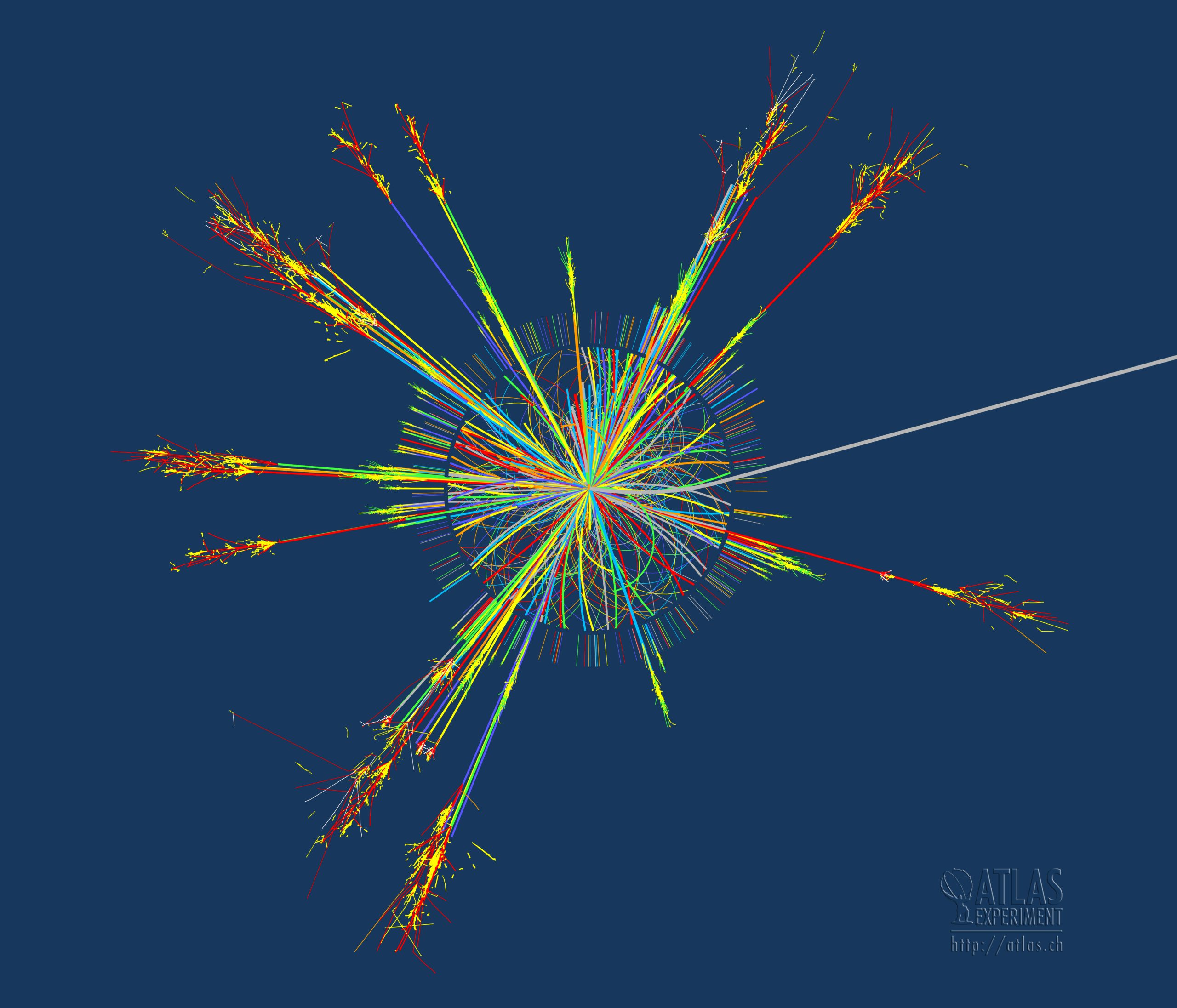Since the publication of the Principia (Mathematical Principles of Natural Philosophy) by Newton in 1685, mathematical physics has had a long tradition in the sciences. This continued with important contributions from physicists and mathematicians such as Euler, Gauss, Maxwell, Einstein, Schrödinger, Dirac, among many others.
ON THIS PAGE
Description
At UC, Mathematical Physics is practiced in both the Physics and Mathematics academic units, with a large international presence. This line requires the transversal management of mathematical tools that are applied to a wide range of areas of study.

Questions this area strives to answer
There are multiple open questions in various parts of this area:
Density functionals in atomic physics
Since the beginning of quantum mechanics, it has been sought to approximate the energy of a system of many particles in atomic physics by density functionals. In this respect, we address the problem of estimating the different components of the energy of atoms and molecules in terms of electron density, and corrections involving the gradients of said density. We also address the problem of the stability of matter, i.e., the behavior of a system of many particles for a large number of particles.

Nonlinear dynamics of optical waves and matter
One of the areas of greatest interest is the study of the dynamics of optical waves and matter in non-linear structured systems. This is currently one of the most active research topics in photonics and focuses on the question of how nonlinear effects impact the space-time dynamics of waves to produce new and important effects. This includes, for example, the study of energy auto-localization, frequently associated with the formation of solitary waves. The analysis of these effects is of fundamental importance to achieve wave control in actual practical systems.
Properties of graphene
Graphene is a recently discovered material that promises to offer important applications in the technology of the future. One of the most interesting aspects of graphene, from the theoretical point of view, is that the dynamics of the charge carriers (at low temperature) is similar to that of massless Dirac particles. This area deals with the study of the spectral properties of operators associated with the description of graphene using techniques of mathematical analysis and spectral theory. This research attempts to understand how the dynamics of the charges in graphene can be manipulated.
The propagation of non-linear waves
The propagation of non-linear waves is a topic that arises in the study of various areas of physics and related disciplines, such as geophysics and biophysics. This is approached from both a physical and applied mathematics point of view. In this area we mainly address the propagation of waves in reaction-diffusion equations and the propagation of surface waves in thin layers of fluids.
Research Area